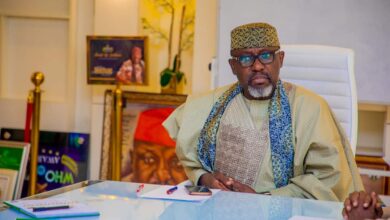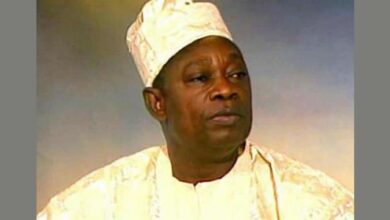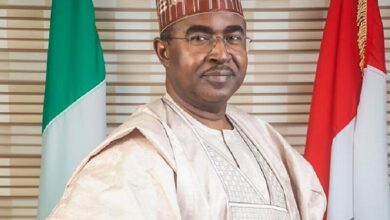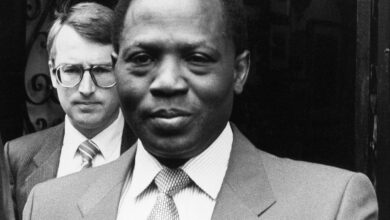20 Things You Should Know About Bola Ahmed Tinubu
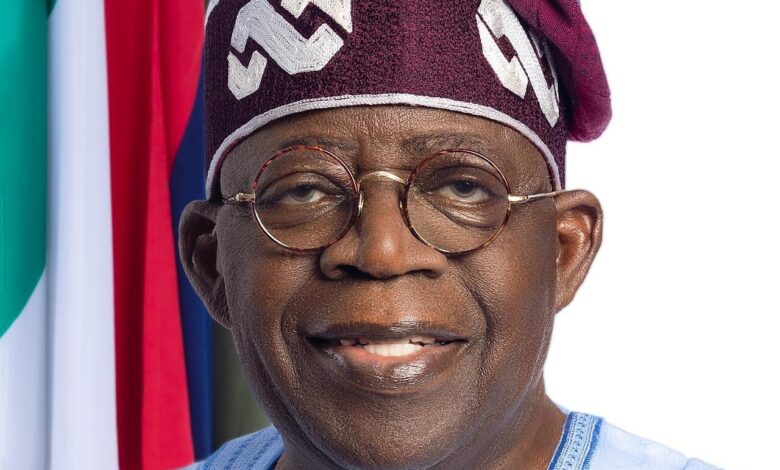
Bola Ahmed Tinubu is a prominent Nigerian politician and a key figure in Nigeria’s political landscape. Known for his influence and leadership within the All Progressives Congress (APC), Tinubu’s journey from a young political activist to the President of Nigeria is a compelling story. This article explores 20 important facts about Bola Ahmed Tinubu that highlight his career, contributions, and impact on Nigeria.
1. Early Life and Education
Bola Ahmed Tinubu was born on March 29, 1952, in Lagos, Nigeria. He attended St. John’s Primary School in Aroloya, Lagos, and Children’s Home School in Ibadan. Later, he moved to the United States for higher education, where he graduated from Chicago State University with a degree in Accounting.
2. Early Career
After completing his education, Tinubu worked in the United States for several companies, including Arthur Andersen, Deloitte, Haskins & Sells, and GTE Services Corporation. His experience in finance laid the groundwork for his future political career.
3. Political Awakening
Tinubu’s political career began in the early 1990s when he joined the Social Democratic Party (SDP). He was elected to the Nigerian Senate representing Lagos West in 1992, marking his entry into the political arena.
4. Exile and Return
Following the annulment of the June 12, 1993 presidential election and the subsequent military regime, Tinubu became an active member of the National Democratic Coalition (NADECO). He went into exile in 1994 to escape political persecution, returning to Nigeria in 1998 after the death of General Sani Abacha.
5. Governor of Lagos State
Bola Ahmed Tinubu served as the Governor of Lagos State from May 29, 1999, to May 29, 2007. During his tenure, he implemented several reforms in taxation, public transportation, and infrastructure, significantly improving the state’s economy.
6. Urban Development Initiatives
Tinubu initiated various urban development projects, including the construction of roads, schools, and hospitals. His administration focused on improving public services and infrastructure in Lagos State.
7. Political Mentor
After leaving office, Tinubu became a mentor to many politicians and leaders in Nigeria. He played a crucial role in the emergence of the APC, helping to unify various political factions and increase their electoral strength.
8. Founding Member of APC
Bola Ahmed Tinubu was a key figure in the formation of the All Progressives Congress (APC) in 2013, which became the primary opposition party in Nigeria and later won the presidential election in 2015.
9. 2023 Presidential Campaign
Tinubu announced his candidacy for the 2023 presidential election, running on a platform of economic reform, national security, and infrastructure development. His campaign focused on continuity and progress in governance.
10. Winning the 2023 Presidential Election
On February 25, 2023, Bola Ahmed Tinubu was elected President of Nigeria, marking a significant milestone in his political career. His victory was seen as a testament to his political influence and the support he garnered across the country.
11. Economic Policies
As President, Tinubu is focused on implementing economic policies aimed at promoting job creation, attracting foreign investment, and improving the business environment in Nigeria.
12. Support for Youth Empowerment
Tinubu has been an advocate for youth empowerment and entrepreneurship, launching initiatives aimed at providing training and resources for young Nigerians to succeed in business.
13. Women’s Empowerment Advocacy
Bola Ahmed Tinubu supports women’s empowerment and has advocated for policies that promote gender equality and increase women’s participation in politics and business.
14. Philanthropic Initiatives
Tinubu is involved in various philanthropic efforts, focusing on education, healthcare, and poverty alleviation. His foundation has provided scholarships and support to underprivileged communities.
15. Controversies and Criticisms
Throughout his political career, Tinubu has faced controversies and criticisms, including allegations of corruption and questions about his academic credentials. Despite this, he remains a powerful political figure in Nigeria.
16. Family Life
Bola Ahmed Tinubu is married to Oluremi Tinubu, a former senator representing Lagos Central. They have children together, including Seyi Tinubu, who is involved in various business ventures.
17. Influence in Lagos Politics
Tinubu’s influence extends beyond his governorship; he has played a significant role in shaping the political landscape of Lagos State, influencing the selection of various political officeholders.
18. Advocating for National Unity
As a prominent politician, Tinubu has consistently advocated for national unity and inclusiveness, promoting policies that address the diverse needs of Nigeria’s various ethnic and religious groups.
19. Vision for Nigeria
Tinubu envisions a prosperous and united Nigeria, with a focus on enhancing infrastructure, improving education, and fostering economic growth through innovative policies.
20. Legacy and Impact
Bola Ahmed Tinubu’s legacy is marked by his contributions to governance, economic reform, and political mentorship. His impact on Nigerian politics continues to be felt as he shapes the future of the country.
Bola Ahmed Tinubu’s journey from a young politician to the President of Nigeria is a testament to his resilience, leadership, and commitment to public service. Understanding these 20 key facts about Bola Ahmed Tinubu provides valuable insights into the life of a significant figure in Nigerian politics. His influence and contributions will undoubtedly shape Nigeria’s future for years to come.

